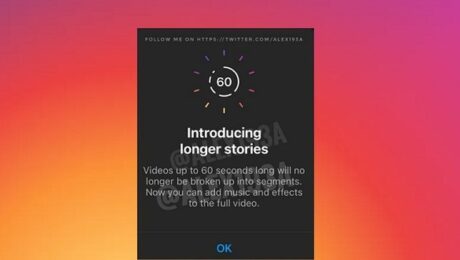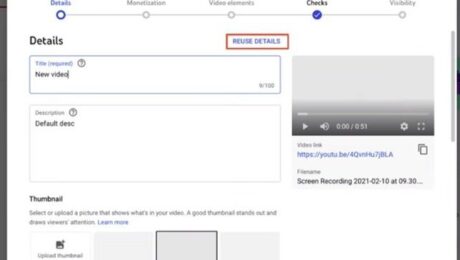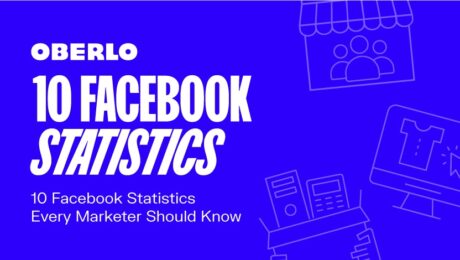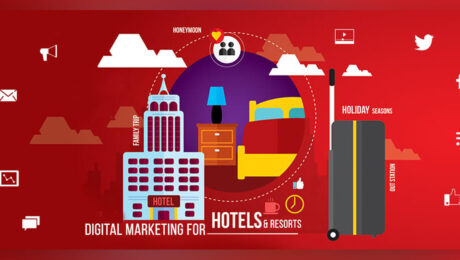The rise of the internet and digital technologies has had a seismic impact on practically every aspect of our lives, and business is no exception. Traditional marketing methods, once the cornerstone of brand building and customer acquisition, have undergone a dramatic transformation. In its place, digital marketing has emerged as a powerful force, fundamentally altering how industries operate and interact with their audiences.
Reaching a Global Audience: One of the most significant effects of digital marketing is the ability to target a wider audience than ever before. Gone are the geographical limitations of print advertising or local television commercials. Businesses can now leverage social media platforms, search engine optimization (SEO), and content marketing to reach potential customers across the globe. This opens doors for industries like e-commerce, travel and tourism, and education, allowing them to tap into a vast international market.
Enhanced Customer Engagement: Digital marketing fosters a two-way communication channel between businesses and their customers. Social media platforms provide a space for direct interaction, enabling brands to build relationships, address concerns, and gather valuable customer feedback. Email marketing allows for personalized communication, nurturing leads and fostering brand loyalty. This level of engagement empowers industries like healthcare, finance, and professional services to build trust and establish themselves as thought leaders in their respective fields.
Data-Driven Decisions: A hallmark of digital marketing is its measurability. Unlike traditional marketing campaigns, where the effectiveness can be difficult to quantify, digital marketing provides a wealth of data and analytics. Businesses can track website traffic, social media engagement, and conversion rates, allowing them to measure the success of their campaigns and make data-driven decisions for optimization. This empowers industries like retail, media and entertainment, and non-profit organizations to allocate resources effectively and maximize their return on investment (ROI).
A Level Playing Field: Digital marketing has democratized the marketing landscape. Small businesses and startups can now compete with established players by leveraging the power of digital tools. Social media marketing, content marketing, and search engine optimization can be implemented with relatively low costs, allowing smaller businesses to reach a targeted audience and make their mark in the industry. This fosters innovation and disrupts traditional hierarchies, creating a more dynamic and competitive business environment.
The Need for Constant Evolution: The digital marketing landscape is constantly evolving. New technologies and platforms emerge at a rapid pace, and consumer behavior online continues to shift. Businesses must be adaptable and willing to embrace new trends to stay ahead of the curve. This constant evolution keeps industries on their toes, requiring them to invest in ongoing training and development for their marketing teams to ensure they possess the necessary skills to navigate the ever-changing digital landscape.
In conclusion, digital marketing has revolutionized the way industries operate. From global reach and enhanced customer engagement to data-driven decision making and a more level playing field, the impact of digital marketing is undeniable. As technology continues to evolve, businesses that embrace digital marketing and adapt their strategies will be well-positioned to thrive in the ever-changing digital age.
Digital Marketing Companies in Gujarat: A Guide to Choosing the Right One
Gujarat is a state in western India that is home to a thriving digital economy. With a large and growing population of internet users, Gujarat is a prime market for businesses of all sizes.
If you’re a business owner in Gujarat, you need to be aware of the importance of digital marketing. In today’s digital age, customers are increasingly turning to online channels to research and purchase products and services. If you want to reach your target audience and grow your business, you need to have a strong digital marketing presence.
There are a number of digital marketing companies in Gujarat that can help you achieve your marketing goals. These companies offer a wide range of services, including:
- Search engine optimization (SEO)
- Pay-per-click (PPC) advertising
- Social media marketing
- Content marketing
- Email marketing
- Website design and development
When choosing a digital marketing company in Gujarat, there are a few things you should keep in mind:
- The company’s experience. How long has the company been in business? Do they have experience working with businesses in your industry?
- The company’s portfolio. Look at the company’s portfolio of work to see examples of their results.
- The company’s team. Who will be working on your account? Make sure the company has a team of experienced and qualified professionals.
- The company’s pricing. How much does the company charge for their services? Make sure the company’s pricing is in line with your budget.
Once you’ve chosen a digital marketing company in Gujarat, you can start working with them to develop and implement a marketing strategy that will help you reach your target audience and grow your business.
The Power of Digital Marketing in Vadodara
In today’s digital age, businesses of all sizes are turning to digital marketing to reach their target audience and grow their business. And Vadodara is no exception.
With a population of over 2 million people, Vadodara is a thriving metropolis with a growing middle class. This makes it an ideal market for businesses of all kinds.
But how can you make sure your business stands out from the competition? The answer is digital marketing.
Digital marketing is the use of online channels to reach your target audience. This includes things like search engine optimization (SEO), pay-per-click (PPC) advertising, social media marketing, and email marketing.
When done correctly, digital marketing can help you:
- Increase brand awareness
- Generate leads
- Drive sales
- Improve customer loyalty
If you’re looking for a way to grow your business in Vadodara, digital marketing is the answer.
Here are some of the benefits of digital marketing in Vadodara:
- Reach a wider audience: Digital marketing allows you to reach a wider audience than traditional marketing methods, such as print and TV advertising. You can target your ads to specific demographics, interests, and even locations.
- Get more leads and sales: Digital marketing can help you generate more leads and sales. By creating compelling content, running targeted ads, and building relationships with your audience, you can encourage people to take action, such as visiting your website, signing up for your email list, or making a purchase.
- Improve customer loyalty: Digital marketing can help you improve customer loyalty. By providing excellent customer service, offering exclusive content and discounts, and engaging with your audience on social media, you can build relationships with your customers and encourage them to do business with you again and again.
If you’re a business in Vadodara, I encourage you to consider using digital marketing to grow your business. With so many benefits to offer, digital marketing is a powerful tool that can help you reach your target audience, generate leads and sales, and improve customer loyalty.
Here are some tips for getting started with digital marketing in Vadodara:
- Set clear goals: What do you want to achieve with digital marketing? Do you want to increase brand awareness, generate leads, or drive sales? Once you know your goals, you can develop a strategy to achieve them.
- Create a strong online presence: Your website is your online storefront. Make sure it’s well-designed, informative, and easy to use. You should also create profiles on social media platforms where your target audience is active.
- Optimize your website for search engines: SEO is the process of improving your website’s ranking in search engine results pages (SERPs). By optimizing your website for relevant keywords, you can make it easier for potential customers to find you online.
- Run paid advertising campaigns: Paid advertising can be a great way to reach a wider audience and generate more leads and sales. You can run ads on search engines, social media platforms, and other websites.
- Track your results: It’s important to track your results so you can see what’s working and what’s not. There are a number of tools you can use to track your progress, such as Google Analytics.
Digital marketing can be a complex and ever-changing field. But by following these tips, you can get started with digital marketing and start seeing results for your business.
















